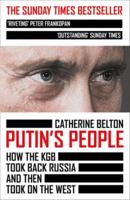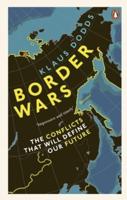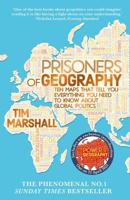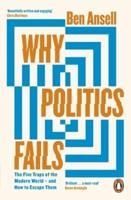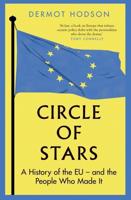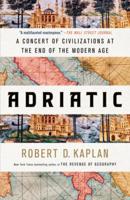Publisher's Synopsis
The post-WWII era was a time of superpower confrontation and antagonistic bloc politics, but it was also a period in which organized internationalism reached its peak as both an ideological value and a political practice. This open access volume explores how international organizations affected the evolution and nature of Cold War rivalries, and how they in turn were shaped by them.
In seeking to understand the role that international organizations have played as sites of confrontation, this volume also highlights their role as spaces for mediation and negotiation, particularly for middle-size powers and colonized or newly decolonized countries. Through multiple perspectives, based on a diverse array of historical sources, the authors collectively explore how international organizations were able to bridge and move beyond the Cold War divide by promoting common causes and shaping common scientific knowledge, communities and practices.
Rather than focusing exclusively on western-dominated institutions within the UN system which have received the most scholarly attention to date, International Organizations and the Cold War highlights the role of lesser-known groups such as the Paris-based International Child Center, the Prague-based International Union of Students and historical actors such as Soviet public health experts and Chinese development specialists. In doing so, it asks new questions about the role of international organizations in securing peace and security across the modern world, and their role as negotiator in times of tension and crisis.
The ebook editions of this book are available open access under a CC BY-NC-ND 4.0 licence on bloomsburycollections.com. Open access was funded by the Swiss National Science Foundation.



